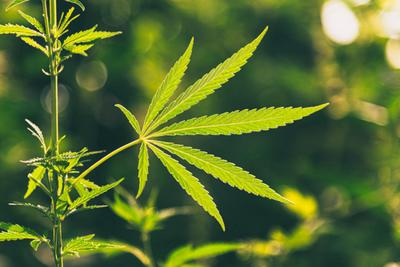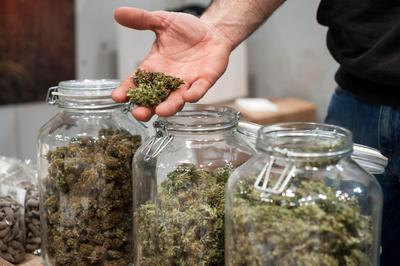The Department of Justice Proposes Rescheduling Marijuana: What Does It Mean?
Cannabis laws in the United States have seen some big changes in recent years, and we may see another big change soon. The Department of Justice has proposed to reschedule marijuana. This article will help you understand the proposal, what rescheduling means, and the potential impacts on society and employer drug testing.

What Does Rescheduling Mean?
Rescheduling refers to changing the classification of a substance under the Controlled Substances Act (CSA). The CSA categorizes drugs into schedules based on their safety profile, medical use, and potential for abuse. Currently, marijuana belongs under the Schedule I category, which is the most restrictive.
A proposal to reschedule marijuana would involve moving it to a different category, potentially Schedule III. This would acknowledge its medical benefits and adjust the regulations regarding its use and research.
Schedule I vs Schedule III Substances
The Controlled Substances Act divides drugs into five schedules, each with different implications for their use and regulation. The proposal by the Department of Justice would reschedule THC from a Schedule I substance to a Schedule III substance. Here are the main differences between Schedule I and Schedule III:
If marijuana were to be rescheduled to Schedule III, its medical uses and lower potential for abuse would be officially recognized. This could ease many restrictions on research and prescription.
How Did It Start?
The reassessment of cannabis's scheduling status began in October 2022 when President Biden issued an executive order directing federal health regulators to reevaluate the regulation of cannabis.
In August 2023, the Department of Health and Human Services (HHS) recommended that the Drug Enforcement Administration (DEA) reconsider marijuana's classification as a Schedule I substance. They suggested moving it to Schedule III, arguing that this change would expand the industry, offer tax relief, and help normalize the market.
In January 2024, the DEA responded by stating that it would consider the HHS recommendations while conducting its review of cannabis's scheduling under the Controlled Substances Act. The DEA emphasized that it holds the "final authority" on any rescheduling decision, not HHS or Congress.
In May 2024, the Justice Department announced that the Attorney General had submitted a notice of proposed rulemaking to the Federal Register, officially starting a formal process to consider reclassifying marijuana from a Schedule I to a Schedule III drug under the Controlled Substances Act (CSA).
How Would Rescheduling Cannabis Affect Society?
The potential rescheduling of cannabis could mean:
Will This Affect Employer Drug Testing?
One major concern is how rescheduling marijuana might impact employer drug testing. Based on the latest Drug Testing Index in 2023, 4.5% of drug tests in the U.S. workforce were positive for marijuana, the highest rate among any drug. Additionally, post-accident marijuana positivity in urine tests reached a nine-year high of 7.5% in the general workforce.
The expansion of cannabis legalization at the state level also influences these trends. States with recreational marijuana legalization have the highest positivity rates, with a rate nearly 76% higher compared to states where marijuana is neither recreationally nor medically legal (5.8% vs. 3.3%).
Adapting Drug Testing Policies
Regular employers may need to adjust their workplace drug testing policies if cannabis is rescheduled. It could be time to revise policies to focus on preventing cannabis use during work hours rather than maintaining a strict zero-tolerance policy.
However, this change likely won't affect employers in safety-sensitive jobs. For example, the Department of Transportation (DOT) specifically lists marijuana as a substance to screen for regardless of its Schedule.







